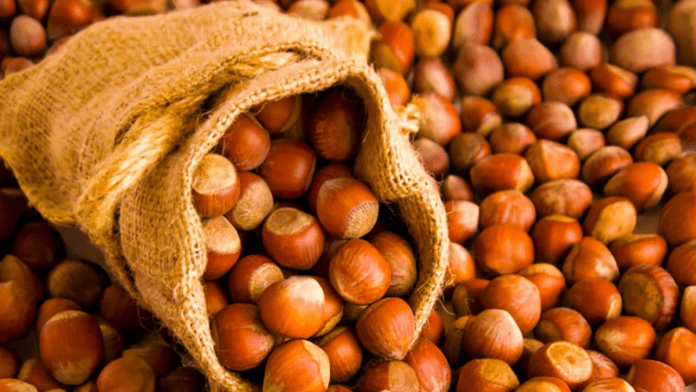News in brief: Rising evaporation levels in Black Sea region of Turkey threatens agricultural productivity. Scientists recommend constructing freshwater reservoirs and shifting to sustainable farming to mitigate water losses and forestall drought.
Turkey’s agricultural productivity is increasingly being threatened by rising evaporation levels observed in the Black Sea Region. The region, which is home to a variety of crops like tea, hazelnuts, and corn, could see its evaporation rate surpass precipitation by 2040, according to scientists.
Director of the Disaster Management Institute and Climate Change Application and Research Center, Professor Mikdat KadıoÄlu, revealed that the Black Sea is among the regions most susceptible to climate change effects. Rising temperatures and increasing precipitation are responsible for the acceleration in evaporation, KadioÄlu said. He also highlighted the anticipated increased needs for irrigation as a natural consequence to the situation.
Furthermore, Professor KadioÄlu, who doubles as the head of Istanbulâs Technical Universityâs Meteorological Engineering Department, called for a ban on the cultivation of water-intensive tropical plants. A move he described as a strategic maneuver against climate change impacts.
He argues that cultivating tropical plants, which require tropical conditions and demand copious water intake, should be banned. The scientist said that continuing to cultivate them is not sustainable given the semi-arid climate of Turkey.
It may not be too easy to move away from cultivating these crops as they generate foreign earnings for the country. A report also revealed that Turkey owns 80% of the international market share of hazelnuts, which is used as a snack food as well as in baking, desserts, and making breakfast cereals.
Scientists have recommended constructing freshwater reservoirs to mitigate water losses and pre-empt drought caused by climate change in the Black Sea regions. It is increasingly shifting focus to sustainable farming in the area.



